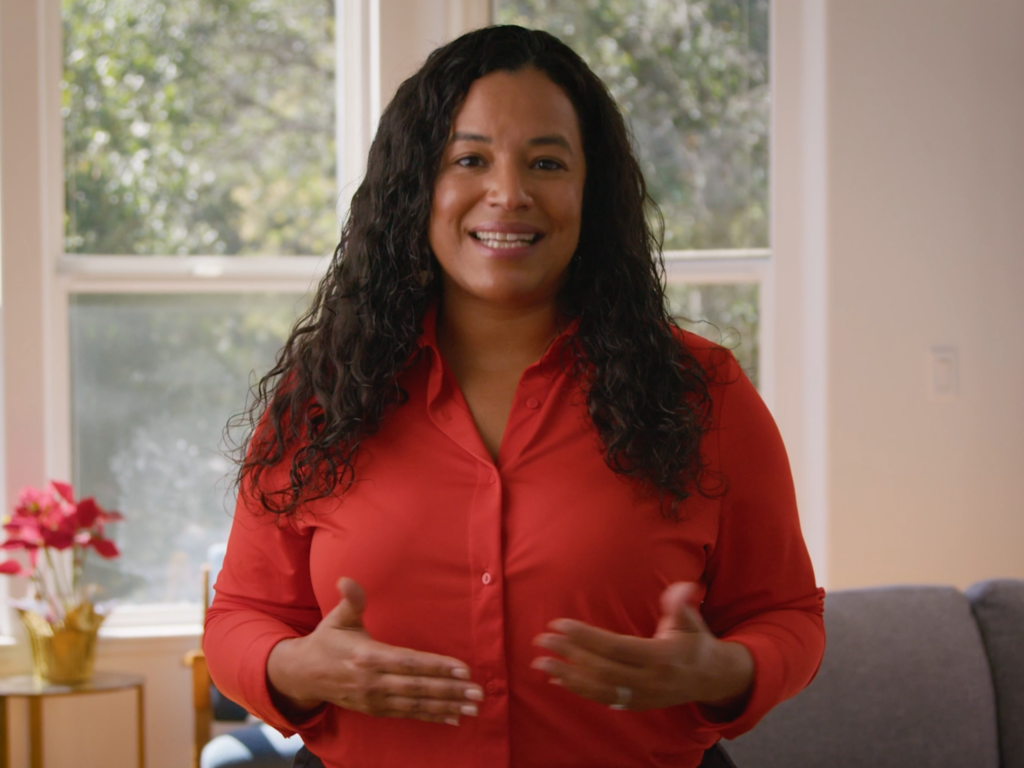 A great sales and marketing executive I once worked with was fond of saying: “If you don’t know you’re winning, you’re probably not.” I was reminded of this quote during John Doerr’s fascinating conversation with Mark Pincus of Zynga and Andrew Ng of Coursera during Summit 2013’s closing plenary.
A great sales and marketing executive I once worked with was fond of saying: “If you don’t know you’re winning, you’re probably not.” I was reminded of this quote during John Doerr’s fascinating conversation with Mark Pincus of Zynga and Andrew Ng of Coursera during Summit 2013’s closing plenary.
In response to a question from John about “pivoting” when a new product or business is not gaining traction, Mark talked about the questions he asks his game designers at Zynga before they begin a new project:
- How will you know if you’ve got a winner?
- How will you know if you don’t?
- What will you do if you’re not winning?
There are several potentially important insights from these questions that might be of great value for education entrepreneurs in general and charter school operators in particular.
First, in the education space, we frequently focus on the performance floor, rather than the ceiling. In other words, we tend to ask ourselves how we’ll know whether we’ve got a loser, rather than a winner. Moreover, we don’t view the question as binary. If a school, service or product is neither a winner, nor a loser, we tend consider this a partial victory and press on. Zynga only wants games that are homeruns. In our world, we settle for singles and doubles.
Second, when the data shows that a Zynga game is not winning, Pincus pushes the design team to make a decisive choice about the way forward: Either declare failure and move on to the next project, or “pivot” in a different direction to determine whether the underlying product can be turned into a winner – not just by tweaking at the margins, but by dramatically shifting the design, application or business strategy. In the education space, our pattern is to think in terms of incremental change and continuous improvement when confronted with underwhelming, albeit positive results. Perhaps more important, declaring outright failure is rarely contemplated – especially among charter school operators, who typically wait for their authorizer to tell them when it’s time to give up. In Silicon Valley the new mantra is “fail fast.” In education, it’s “failure is not an option.”
Finally, Pincus forces his game designers to think about all this up-front – before the project is actually launched. It’s all too easy to convince yourself that you’re succeeding once you’ve already invested a lot of time, energy and money into something, even if you’re not. By being clear and explicit up front about the target, it’s a bit easier to be objective about whether it’s actually been met. Equally important, Pincus insists that his designers answer the “now what?” question before the data is in. In our world, the governing ethos tends to be: “we’ll cross that bridge when we come to it.”
What would it look like to apply Mark Pincus’s questions to an educational venture, like a charter management organization? What if CMOs established clear and ambitious annual performance benchmarks for each new school, during its first few years of operation? What if these CMOs decided up front what their response would be to less than stellar outcomes after year one, at the latest? And what if they committed themselves to closing new schools before they fall into a pattern of mediocrity?
Starting a school is not the same as developing the next Words With Friends. Students and families put their trust in school operators. A sudden school closure or a radical shift in an educational model violates that trust and can be extremely disruptive and damaging to vulnerable children, not just gamers or well-heeled investors. At the same time, the difference between an average school and a great one usually has more to do with execution than design. It’s much easier to re-position a game than it is improve the quality and rigor of instruction. Nevertheless, tinkering around the edges of a school or a school model that isn’t producing great results is not a formula for success.
At a minimum, school operators should have one or more actionable contingency plans for how they will respond to less-than-stellar results – not after five years, but after one-year or even one semester. Performance benchmarks and pivot plans should be shared with staff and parents at the outset, to ensure that there are no surprises if they have to be put into place. And equally important, CMOs should develop effective early exit strategies for unsuccessful new schools, which minimize the negative impact on students and families.
All of this is obviously much easier said than done, but perhaps education entrepreneurs should start spending some time on Farmville.


